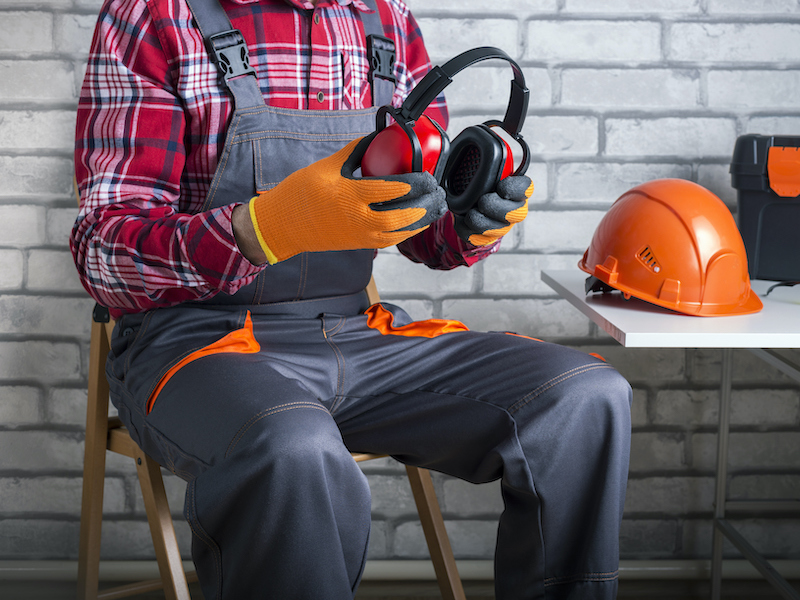
Your ability to hear is valuable – once it’s gone, the chance of getting it back in its natural form is slim to nil. But strangely, the general public tends to ignore hearing loss. In the US alone, one in eight people over the age of 12 is dealing with untreated and irreversible hearing loss.
Protecting your hearing from the start is the best and simplest way to prevent hearing loss, but if you’re already experiencing hearing loss you can get much of your hearing back with a hearing aid.
Safeguard your hearing with these five tips:
Don’t use earbuds
Earbuds have been a mobile device accessory since the early 2000s and are one of the biggest dangers to hearing. These little devices fit snugly into the ear canal and pump sound straight into the inner ear and the majority of smartphones included them. Listening to music or a movie on your mobile device at full volume for just 15 minutes can lead to permanent hearing loss. Earmuff style headphones, especially the ones with noise canceling technology, would be a better option. No matter what devices you use, you should follow the 60/60 rule – keep the volume at 60% maximum and only use the devices for 60 minutes every day.
Reduce the volume
Earbuds don’t produce the only sounds that can harm your hearing. If you regularly listen to the TV or radio at loud volumes over prolonged periods, your hearing can also be harmed. Gun ranges, concerts, construction zone, and other loud environments should be avoided. It may be unrealistic to completely avoid these environments particularly if they’re part of your job. If that’s the situation, then you’ll want to take note of the next item on the list.
Hearing protection will be helpful
If you have hobbies or work in a noisy setting, it’s essential that you make use of hearing protection. Hearing loss can happen in just 15 minutes at 85 decibels. Compare that to the following:
- Over a one hour visit to the indoor shooting range, your ears are repeatedly subjected to gunfire that clocks in at over 150 decibels on average
- The majority of concerts are between 100 and 120 decibels with headliners commonly playing for around an hour and 20 minutes
- The noise of a construction site can be above 130 decibels and many workers spend 40 or more hours a week there
If you engage in any of these activities, you need to purchase a good set of earmuffs or earplugs.
Take auditory breaks
Sometimes you simply need to give your ears a break. If you participated in any of the activities listed above, you really should make certain to take some quiet time for yourself so your ears can rest and recover, even if you were wearing ear protection. That means, you definitely shouldn’t get into your car and begin blaring loud music right after you leave a 3-hour concert.
Check your medicine
Your hearing could be substantially affected by the medication you use. Aspirin, anti-inflammatories, antibiotics, and certain heart and cancer medicines have all been proven to cause hearing loss. Luckily, medication related hearing loss usually only happens when more than one of these medications are taken together making it much less common.
Are you coping with hearing loss and want to find new treatment? Make an appointment with us for a hearing assessment.
Resources
https://www.cdc.gov/nceh/hearing_loss/how_does_loud_noise_cause_hearing_loss.html
https://armeddefense.org/hearing-protection
https://www.uofmhealth.org/health-library/tf3092